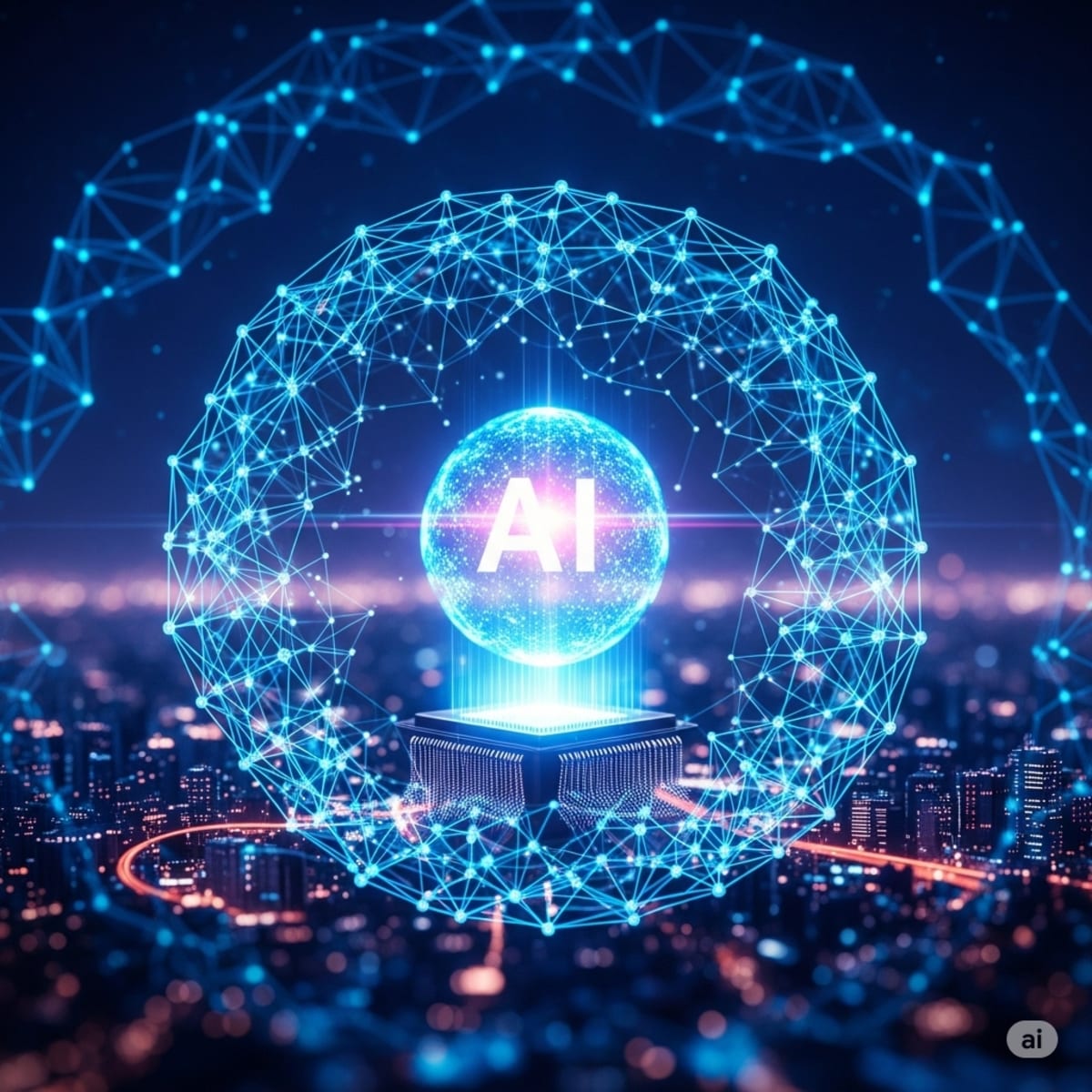So, let me tell you something about being disabled. It's hard. Ha, you already knew that. But, no, really! It's so fucking hard.
When I have an idea and I want to write, I have to make sure I'm not nauseous, or else I can't look at the computer screen. My hands shake too badly to use pencils and pens. When I do type, my hands start to hurt immediately. My arms ache. But I still want to do the things I love.
So I use tools. Which is such a humanoid thing to do.
Like, are you guys mad at whoever invented power tools? I mean, hammers are cool and stuff, but I enjoy efficiency and ease when it comes to work. Even when creating beautiful things, there's hard work involved. The hours an artist hunches over their canvas, splattered in paint. The time a carpenter sands their woodwork lovingly. For me, the literal act of reading words excessively makes me nauseous, my hands get tired when I type, and I shake too much for handwritten manuscripts. So I adapted to power tools.
For me, that means using AI as the next evolution of assistive technology.
Let’s be crystal clear: I write my own work. My ideas, my humor, and my thoughts are 100% my own. Anyone who knows me knows I've been writing since I could talk. I have hundreds of notebooks from back when I could do handwriting. I have thousands of documents in my hard drives and clouds. I have dozens of teachers, friends, and ex-friends who have read my work and even watched me write. My boyfriend and my best friend watch me write for hours every day.
But I get tired, and the words blur on the screen. The brain fog from my many health issues, like POTS, gastroparesis, and fibromyalgia, makes it harder and harder to write well. I get repetitive, and it gets frustrating. This is where AI becomes an essential accessibility tool, not a creative replacement. It helps lessen the cognitive load, allowing me to switch from the exhausting task of pure generation to the more manageable task of assisted refining.
I use tools like Gemini and Claude for "editorial analysis" because, let's be honest, I'm a broke bitch and can't afford real editorial services right now. This isn't about generating content; it's about refining it. It's the same reason people use Grammarly—which, by the way, is a sophisticated AI that offers full-sentence rewrites and is widely accepted in professional and academic settings. To condemn one AI tool while accepting another is a double standard that often serves as a form of ableist gatekeeping, creating barriers for creators who rely on these technologies to participate at all. For many with disabilities, the choice isn't between writing the "easy way" or the "hard way"—it's between writing and not writing at all.
I don't know if that makes my writing better or worse. I just know I feel good being able to get it all out. And I'm not naive about the concerns. I have everything timestamped with my ideas, so if someone were to get upset with me about using AI assistance to write my novels, I'd be able to support the originality of my works.
But I just don't think it's an argument worth having.
Like, would you get mad at your dentist for using a toothbrush instead of his fingers?
